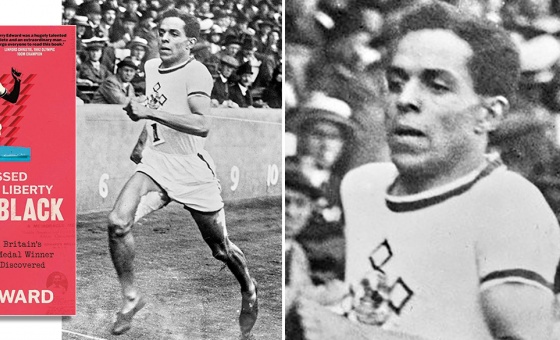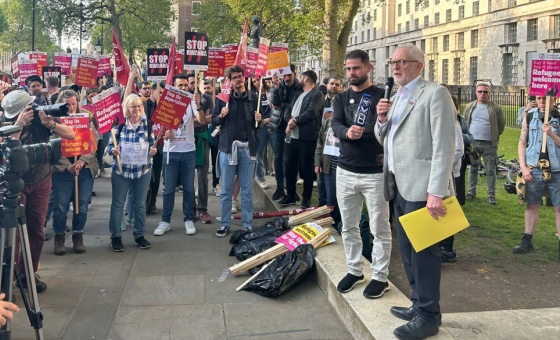This is the last article you can read this month
You can read more article this month
You can read more articles this month
Sorry your limit is up for this month
Reset on:
Please help support the Morning Star by subscribing here
The Bad Trip
By James Riley
Icon Books, £14.99
WRITING in 1997, music critic Ian MacDonald lamented the lack of a serious study of the culture and counterculture of the “disappearing decade” of the 1960s. The Bad Trip is an ambitious attempt to put that right by demythologising this period of upheaval and identifying its real legacy.

Joan Didion and others have characterised the sixties as an era in which utopian dreams were demolished in a spate of tragic violence: there was the civil rights movement, anti-war demonstrations and sexual liberation, but the last months of the decade bought the Manson Family murders and the violent pandemonium of the free rock festival at Altamont Speedway.
Riley rejects the simplistic view that the counterculture suddenly lurched into occult-inspired darkness in 1969, suggesting instead that it was imbued with paranoia, apocalyptic gloom and Dionysian sensuality from the outset.
These arguments are presented through a cast of recurring characters with walk-on roles in each other’s stories. Familiar names include John Lennon and Charles Manson, but Riley devotes considerable attention to less familiar figures such as filmmaker Peter Whitehead and poet, actor, artist and activist Jeff Nuttall.
For Riley, Nuttall and Whitehead are key to understanding the sixties “underground.” Nuttall believed every artist living in the “bomb culture” of our post-Hiroshima society had a duty to stare into society’s abyss and “soak up the darkness.”
Peter Whitehead’s major film was The Fall, a personal meditation on political violence and the limitations of the counterculture. A residue of “radical faith” survived Whitehead’s disillusionment and informed his post-1960s activities and work.
The book explores every aspect of 1960s culture in depth. Riley’s assessment of LSD notes that acid trips were as likely to facilitate Manson’s strategy of total domination as Timothy Leary’s dream of perfect enlightenment.
There are reflections on revolt, satanism, assassinations, the moon landing and mass paranoia, a theme that prompts discussion of the Illuminatus! trilogy. This absurdist sf-comedy celebrated a range of countercultural trends, but insisted they were ineffective as forms of resistance to a manipulative establishment.
Riley concludes we should not indulge in nostalgia for Woodstock and other reassuring symbols of the ’60s. He suggests a more appropriate reaction to Donald Trump, the resurgent far right and ecological disaster would be to draw inspiration from the left-wing activism of Nuttall, and simply seek a map to a better world.
There’s an uncharacteristic lapse in scholarship in the prologue, where Riley wrongly asserts the White Album was one of the Beatles’ final two recordings. This is, however, a comprehensive and thoroughly researched work of cultural history.
The author’s painstaking synthesis of apparently unconnected cultural trends offers a genuinely fresh perspective on an era that continues to fascinate.










